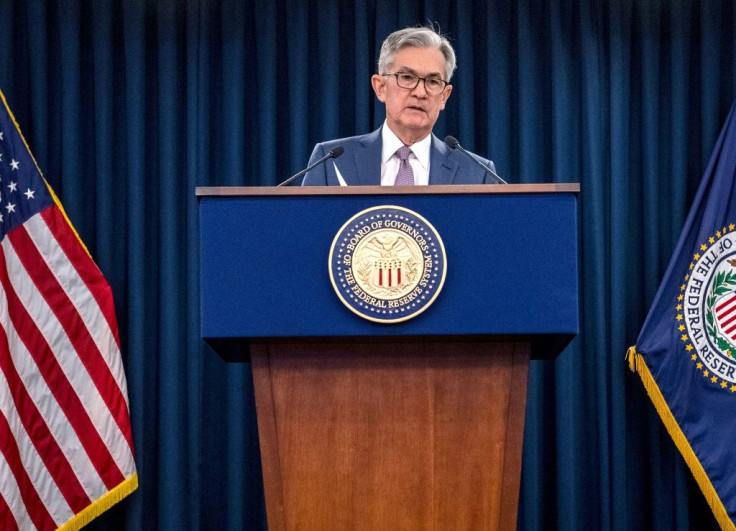US Economy: Will There Be A Boom After Millions Of Americans Get $1,400 Checks?
The U.S. seems poised for a surging recovery as vaccine efforts and government stimulus reassure an economy still bearing scars from the COVID-19 pandemic.
The $1.9 trillion relief bill will provide $1,400 stimulus checks to qualified Americans as well as $300 weekly unemployment benefits. This third round of stimulus checks, which passed Congress along party lines, prevents financial hardships and alleviates future economic risks.
The stimulus could mean a big boost to the economy. The latest data from the Paris-based Organization for Economic Co-operation and Development (OECD) indicates growth could be double what was estimated at the end of 2020 if the Biden administration can execute a successful vaccination campaign, enabling a safe return to normal life.
European economies are also outperforming expectations, although not to the same degree as the U.S. Meanwhile, China remains the standout with an effective pandemic response and dynamic economy.
The OECD's forecast for the U.S. has increased from 3.2% in December to 6.5%. The U.S economy is projected to grow 4.0% in 2022.
European projections went up modestly as well, pushing global growth predictions from 3.4% to 5.6% in 2021.
However, there remains some uncertainty. Experts warn that a bungled vaccine rollout could delay the return to normalcy or even revert it altogether if COVID-19 variants are allowed to proliferate, rendering current inoculations ineffective.
The Atlanta Federal Reserve’s data shows explosive 8.4% growth for the first quarter of 2021. With growth this strong, some economists worry that the Biden administration's stimulus may be unnecessary and even harmful.
Ed Yardeni, of Yardeni Research, suggested that the Federal Reserve could be underestimating the threat of inflation.
“Too much of a good thing is often just too much,” he noted on Tuesday. “The economy is hot and will get hotter with the bonfire of the fiscal and monetary insanities.”

Economists are also pointing to job growth as an area of concern. While the U.S. is no longer hemorrhaging jobs like in the early months of the pandemic, unemployment hasn’t shown the same swift recovery as stocks and manufacturing.
Some of the positions lost in the manufacturing and service industries won’t come back, and the disparity between a sky-high stock market and real people struggling to find work could create a stratified recovery.
“The most glaring issue with where we stand now has to be the labor market. We still have [nearly] 10 million jobs which are just simply missing,” Troy Ludtka, an economist with Natixis, told CNBC. “You’re going to see a situation in the coming years, looking back to this moment, where official statistics on things like food insecurity, poverty and inequality are going to reach generational highs.”
© Copyright IBTimes 2025. All rights reserved.





















